Before I start, I just want to say that the words below are not representative of my company, nor my station. They are my own thoughts and feelings, and can only speak to my personal experience as a journalist and a producer. — EF
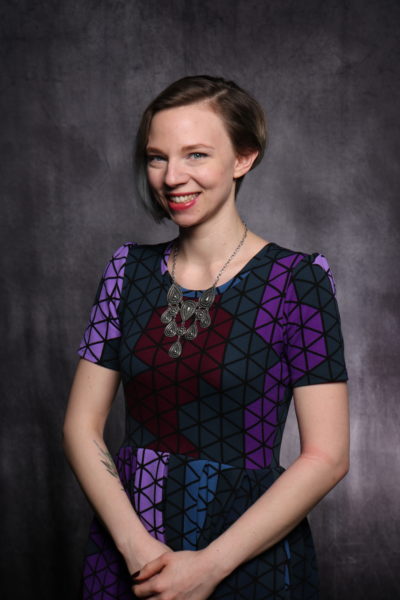
Honestly, it took me a while to sit down and write this.
For someone who writes words for a living… living and working through this pandemic so far has left me speechless.
One of the earliest, biggest world events I can remember was the terror attacks of 9/11. I can’t say they were directly to blame for me becoming a journalist, but I have to admit, they did have a profound effect on me (as they did so many people).
I remember being glued to the TV screens; just as my parents were, just like everyone around the country, and beyond were. It was incredible to see anchors and journalists covering this event for what seemed like non-stop, and sometimes reacting in real-time to the horrors that were unfolding in front of them. I remember how they brought a bit of humanity to the situation while keeping people informed.
I got into TV news because I loved being a storyteller. I loved having a direct hand in the words that were being created and the images to represent them. What I love about journalism as well, is that this kind of storytelling can also make a difference. It has the ability to sometimes change people’s lives, shed light on difficult subjects, uncover necessary truths, and inspire people to be better.
One of the many mantras I’ve heard in my journalism career is that we are a “voice for the voiceless.” There’s a lot of power in a position like that, even one like mine, which is behind-the-scenes, and not often in front of a camera.
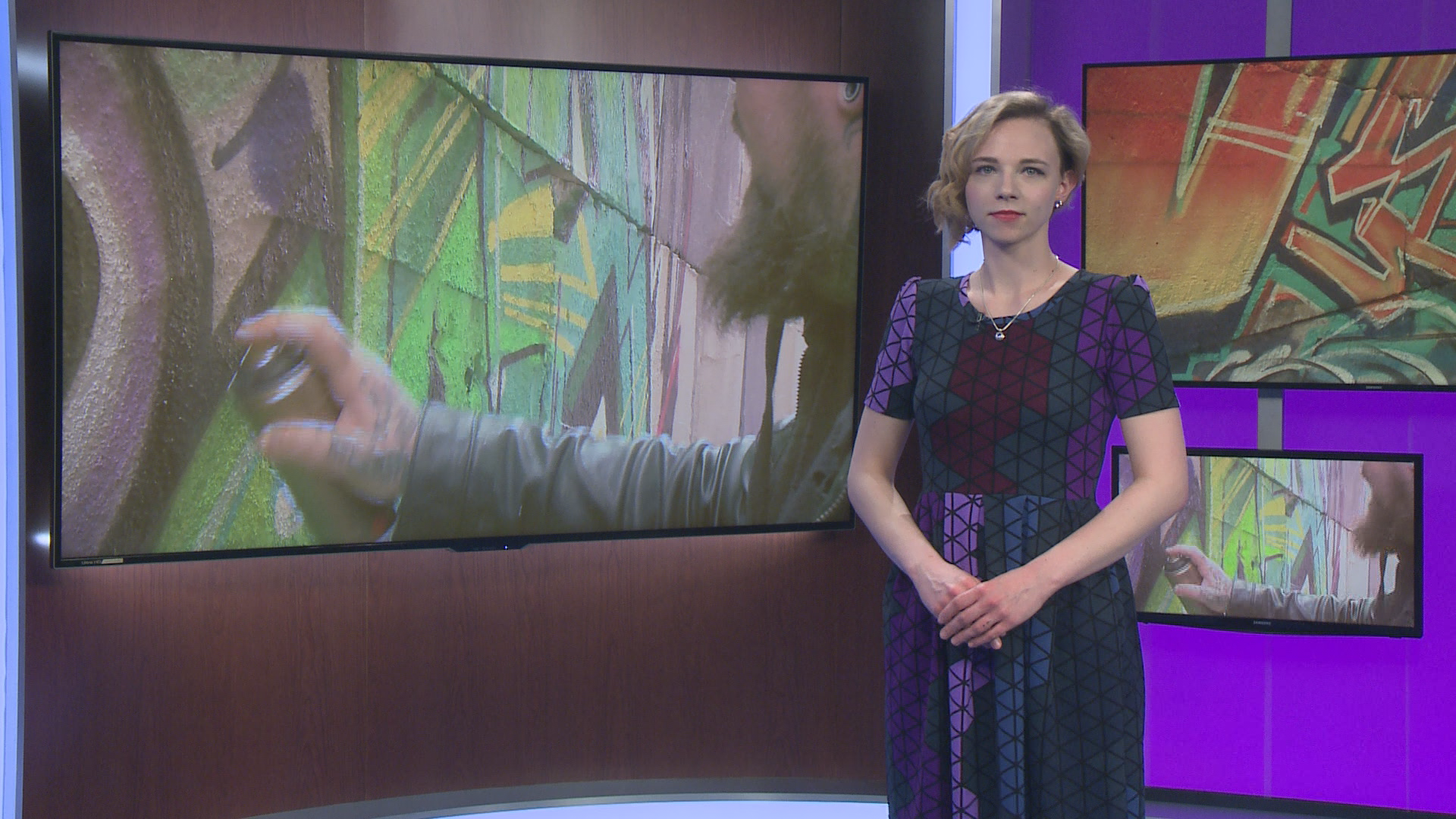
As of late, being in a position like mine has also come with a lot of scrutiny and downright hate from people outside of our industry. The Internet, while a great tool, also gives people a false sense of security. It makes people take in and share some information blindly while emboldening people to say however they feel. It makes people forget that there are often real human beings behind these screens, who are just trying to do right by you.
I hear so often, “the media” this, and “the media” that; like we’re some big hive-mind that sits around contriving how to sway our viewers a certain way. For as long as I’ve been in the field, I can tell you how far that is from the truth. In fact, (before social-distancing) we would all gather around a big conference table and share our story ideas, all the while carefully considering each one. We would ask ourselves, ‘What do people care about?’ ‘How many people does this affect?’ ‘How can we make sure that all sides are represented here?’
Newsrooms are becoming more diverse every day. We have a mix of people of different ages, ethnicities, religions, and political backgrounds in our newsroom. We also live and work by a journalist’s code of ethics, which holds us to very high standards.
Not only are we held to very high standards ethically, but professionally, too. We often have to report on the worst of humanity, including deadly car crashes, shootings, homicides, and terrible acts of violence. We have to do all of this while being clear, concise, and stoic. It’s seen as unprofessional by some to show emotions, especially while covering such tough topics.
When the coronavirus started in New York State, and especially in Western New York, all the information that was flooding into the newsroom was quite overwhelming. From the second I walked in, it was quite literally a constant stream of information for hours on end. It was hard to sort everything through, but we had to funnel all of that information we were gathering in order to boil it down to what was most important to people at home watching us. Because frankly, if they saw and heard all the information we do, they would be overwhelmed, too.
That’s some of the power in what we do. Taking really complex concepts and pieces of information, and boiling them down conversationally for people to really get it. Even when we simplify it as much as we can, while still keeping in all the necessary and important bits, sometimes people still don’t get it… and we have to keep driving it home for people (coughSTAYHOMEcough).
One of the things I stand by in our reporting style is our “Facts, Not Fear” brand. Again, we’re really trying to drive home to people that we’re not here to sensationalize things, but to report on the things that matter the most to people, and doing it in a transparent way that puts things into perspective.
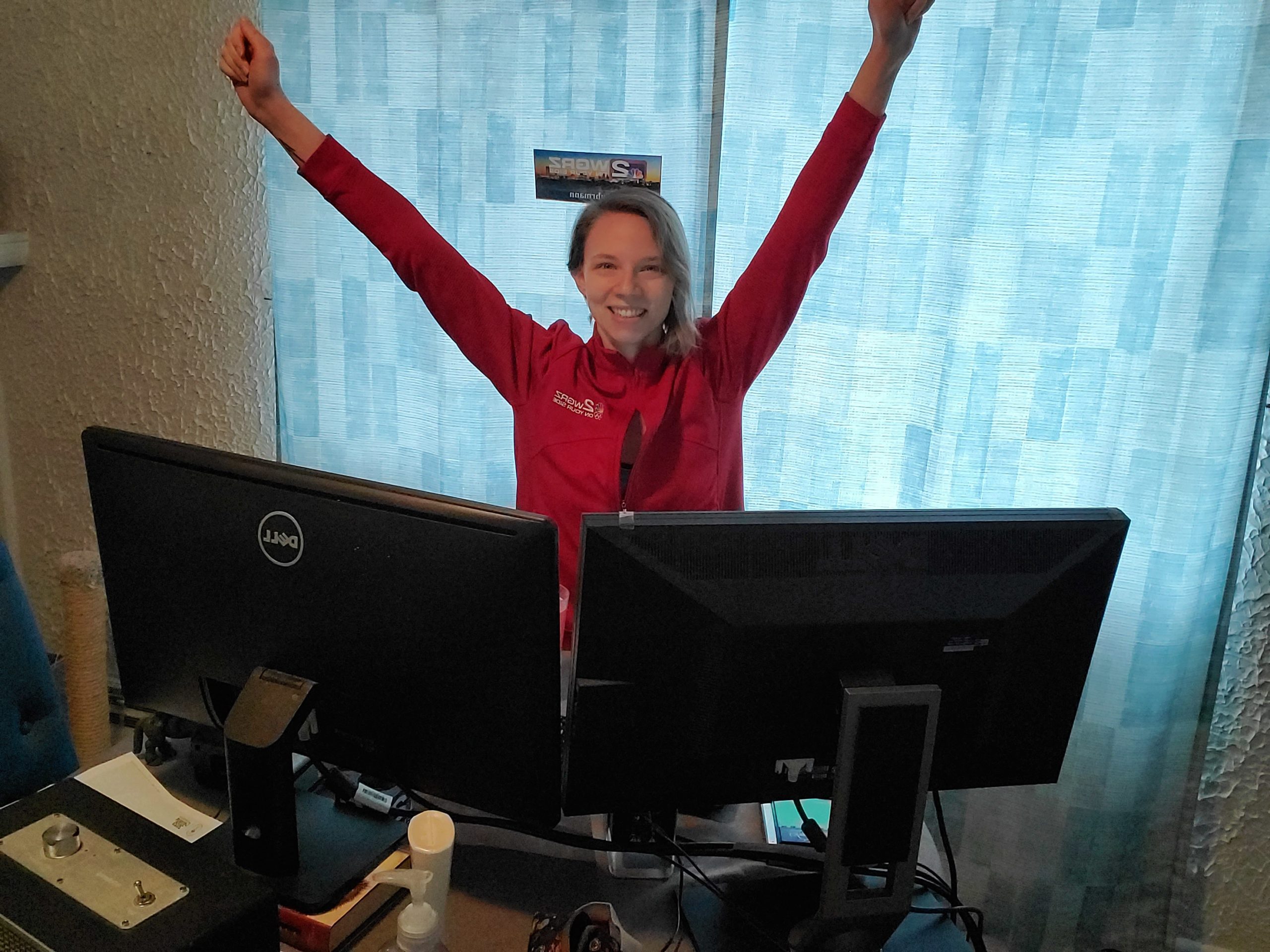
Having to work during this pandemic is both a blessing and a curse. I feel so blessed to still have a job and be considered “essential.” I feel extremely privileged that I have a roof over my head, food in my fridge, and a steady Internet connection. I may not have savings, but I’m not exactly living paycheck to paycheck, either. I have my debts, but I’m treading water. I’m okay.
But I almost feel a weird “survivor’s guilt” being one of the “lucky” ones to still be working right now. I feel for my friends and family that have been laid off, furloughed indefinitely, or simply cannot continue to work because of the risks involved.
I feel cursed because I DO have to somehow function and carry on as normal and work during this time. In the beginning, I was expected to still report into my station. Being around a bustling newsroom caused me great anxiety, knowing just how quickly the common cold can circulate around that room, let alone a pandemic. I feared for my immunocompromised friends and family, knowing that I probably would not be able to see them for a very long time. Now I am blessed to work from home. While I know I still won’t be able to see my loved ones for a while, I am blessed to know that my chances of catching or carrying the virus are much lower. Even still, I feel the “curse” of having to update the numbers every day of people getting sick, so many suffering, and some dying.
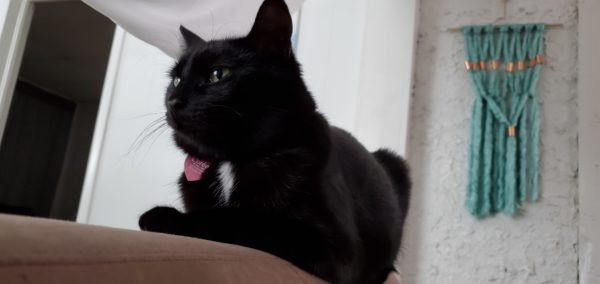
I am blessed to work from home, because the only one who has to deal with my mood swings, weird sleep patterns, random sing-alongs to keep the crazy away, and spontaneous bursts of tears is my cat, L’Oreal.
I am cursed because this mandatory isolation is exactly the kind of lifestyle my anxiety and depression wants me to live.
There are so many articles talking about how people can cope and deal with the anxiety of everything. ALL of them say to limit your consumption of news. So, how exactly do I do that when I AM the news? It’s been tough, to say the least.
I feel blessed because I am no stranger to dealing with mental health struggles. I am blessed because I can afford to see a therapist, and I am well-established with one at this point, instead of trying to search for one now. (You know, of all the things my anxiety catastrophized about… somehow, this was not one of them.)
Like I mentioned before, there is definitely more crying. Sometimes I almost feel like it’s all blocked up inside. Like the emotions are there, the tears are there, but they can’t flow. I feel like I have to be strong. I feel like I can’t crack. (Even though like I said, no one is around to really see). But sometimes, my guard is down enough where the really tough stories get to me. A personal story about someone dying. Our healthcare workers, working tirelessly day in and day out. Or, it’s the really, really good and wholesome stories that get me the most. (I’m a huge sap).
I haven’t been able to get a handle on my sleep. Some days I feel like I don’t sleep at all. Sleeping light, waking early, getting maybe 6 hours? Then other days, I feel like I can’t sleep enough. I could nap and still sleep a full 10 hours, and still not feel rested. When I am awake, I have been finding it really hard to focus sometimes. (I’m told this is normal).
There is some reassurance that I’m at least not the only one feeling this way.
When people ask me how I’m doing, I answer honestly: Up and down. It changes with every moment. I could have a really great morning, where I’m working out from home, maybe getting in a quick solo walk in the sun; then, the realities of work set in and I am down once again. I’ve been practicing mindfulness. Being aware of what I’m feeling, and working on the why of what I’m feeling. And sitting with those feelings, no matter how uncomfortable. I’ve just been trying to be understanding with myself. (We’re going through a freaking pandemic, having some extra chocolate will keep the dementors away, okay?).
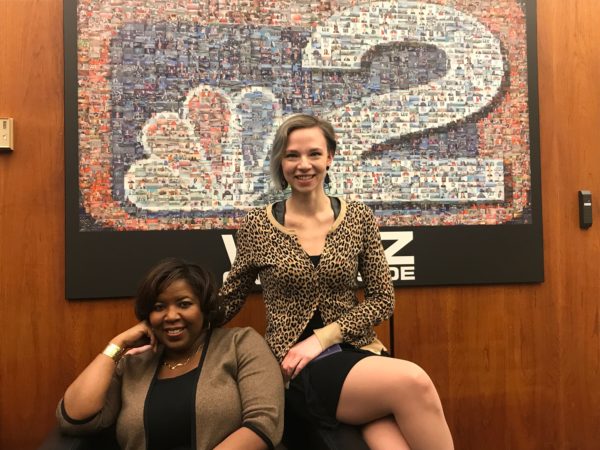
One of the scariest things we’re faced with right now is not even the idea of mortality and how short life really is, but just the amount of misinformation there is out there. That is honestly more terrifying to me than any pandemic. My colleagues and I are faced with people who either willingly share false information, blindly engage in it, or cling so strongly to those false realities, that it is hard to get past it. Sometimes, people will just believe what they want to believe despite the facts in front of them… but in a pandemic, those kinds of harmful beliefs rooted in misinformation can be deadly.
It’s almost hard to not take responsibility for those people. It’s my job to literally inform people and give them the truth, and somehow these people are not understanding the truth — I have to make them understand.
But even though it is my job, at the end of the day, it’s not my job. They have to accept those facts on their own (or not). I have to separate myself from that “responsibility” every day, knowing at the end of the day, I did the very best I could.
Being a journalist before COVID-19 was scary in its own right. We had to be wary of potential attacks out in the field, we had to literally install bullet-proof glass and barricades around our station in case a crazy decided they had enough of “the media,” and we also had to deal with verbal attacks on our digital platforms and through phone calls.
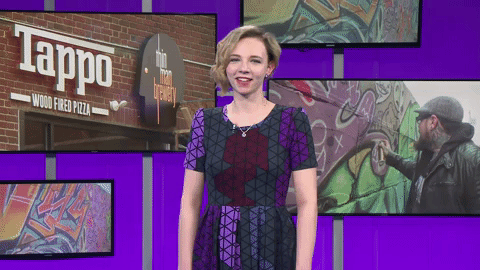
Now we’re still dealing with that, but in disaster mode. It’s wild, y’all.
If you got to the end of this, thank you. (I’ve been known to be quite wordy).
Before I leave you, I want you to keep this in mind:
Just know that we are human. We are trying ever so hard to be here for everyone in our communities. We’re caring about you, trying to get you all the necessities, and hopefully bring you a smile or a laugh, too. We’re doing this while worried about our own health, and the health of our loved ones. We’re working in new ways that we’ve never worked before, while taking pay cuts and furloughs of our own.
No one is immune, and that includes us, too.
If you know a journalist, please give us coffee or a drink. (And when it’s socially permissible, a hug would be great, too).